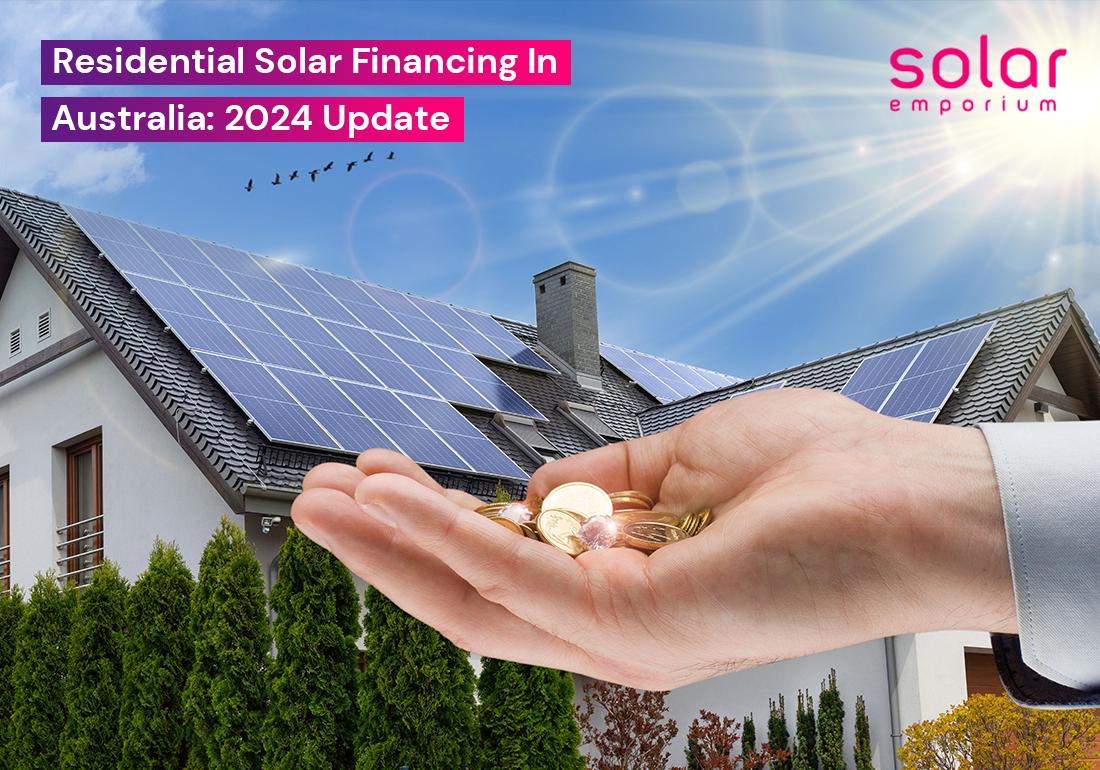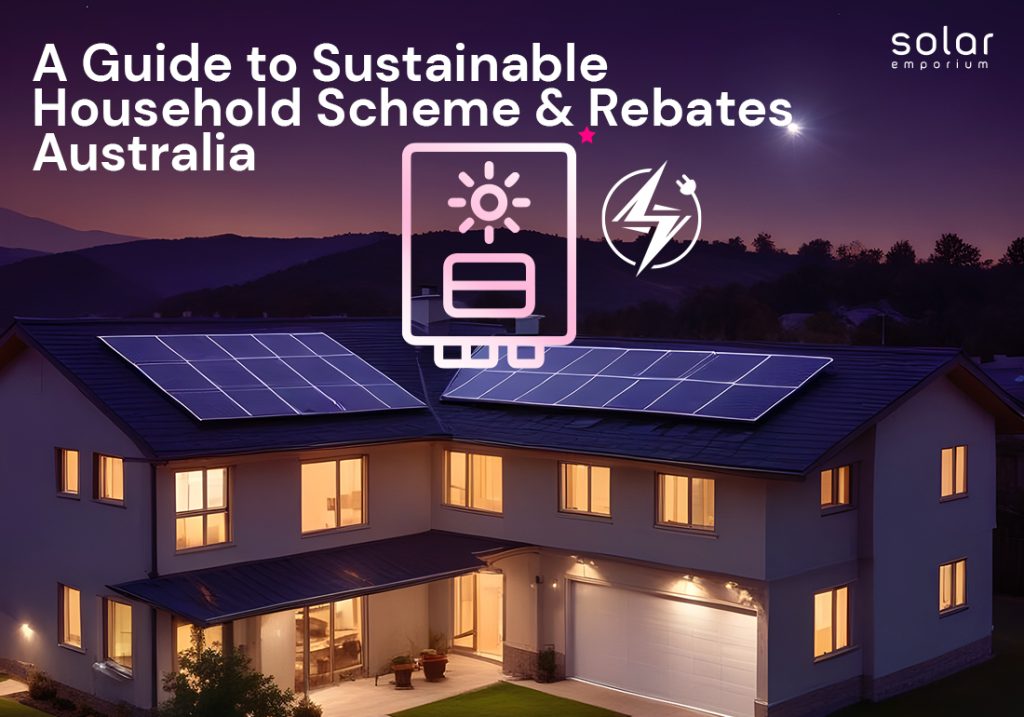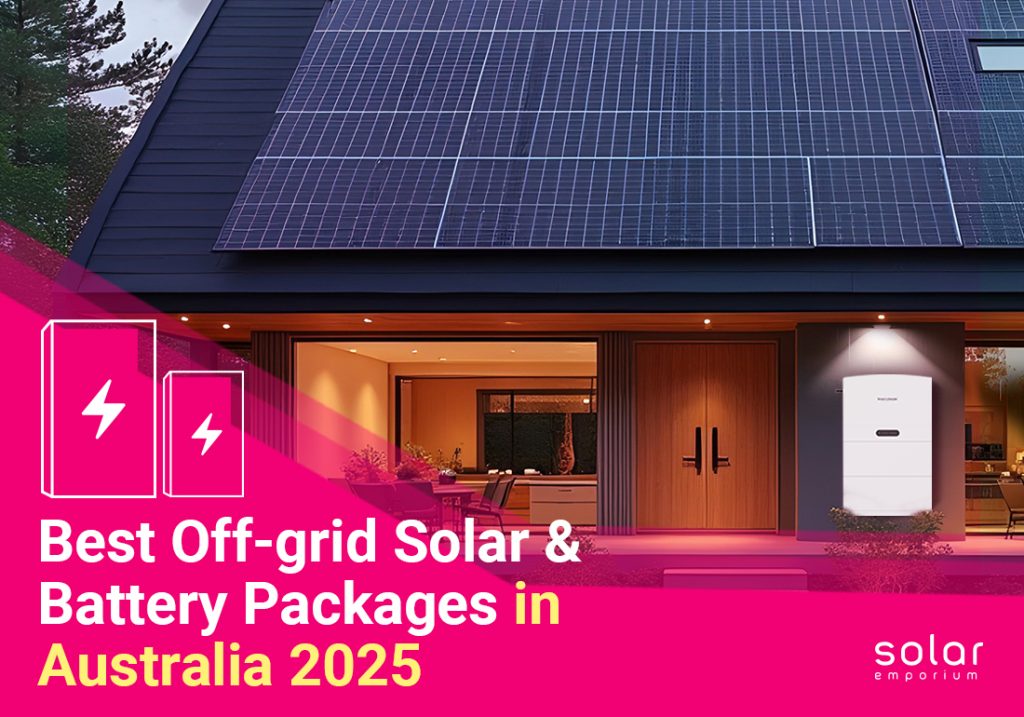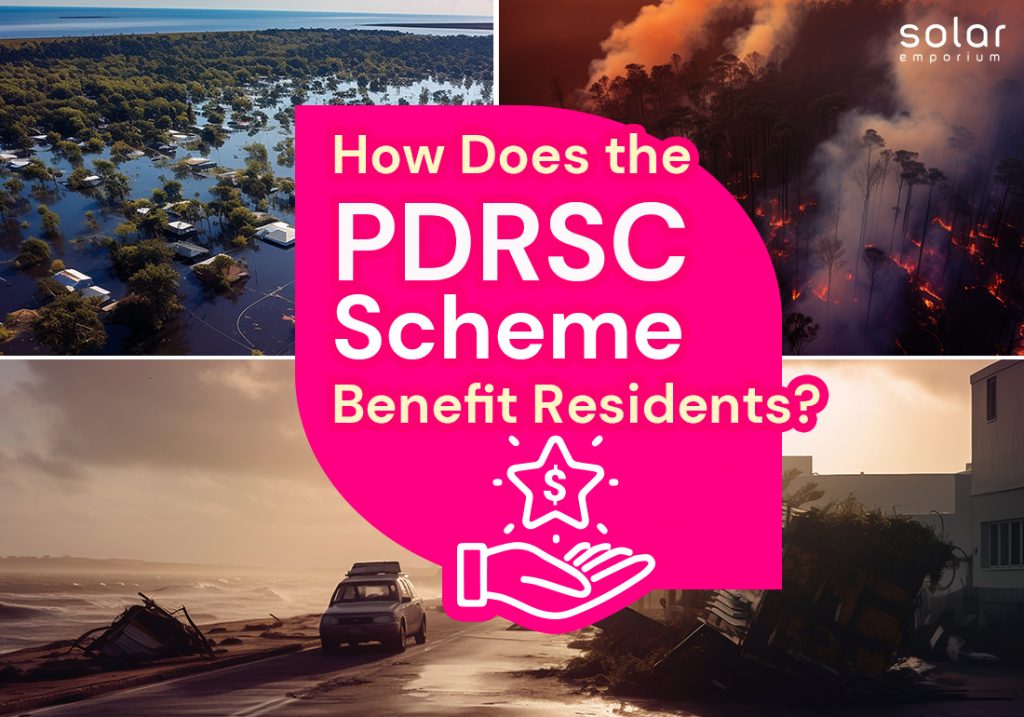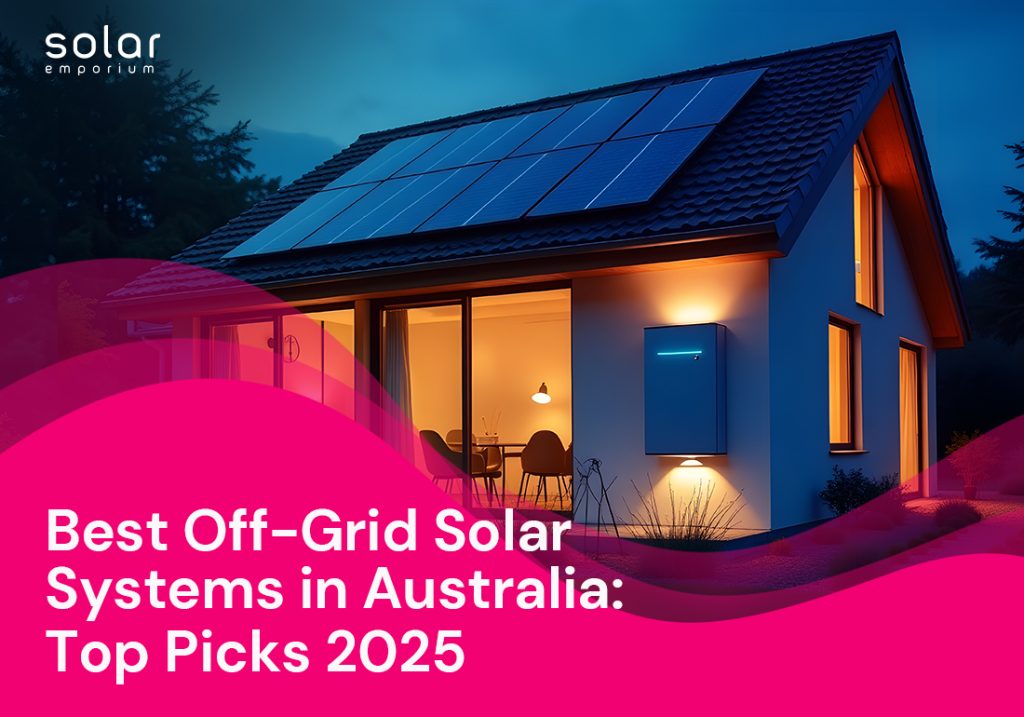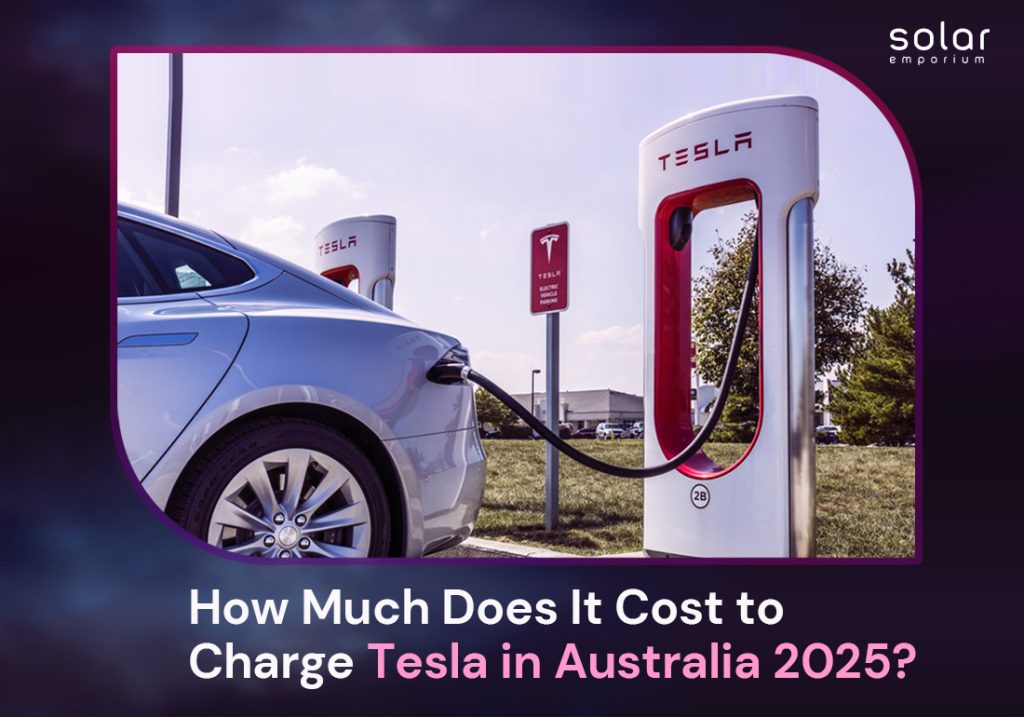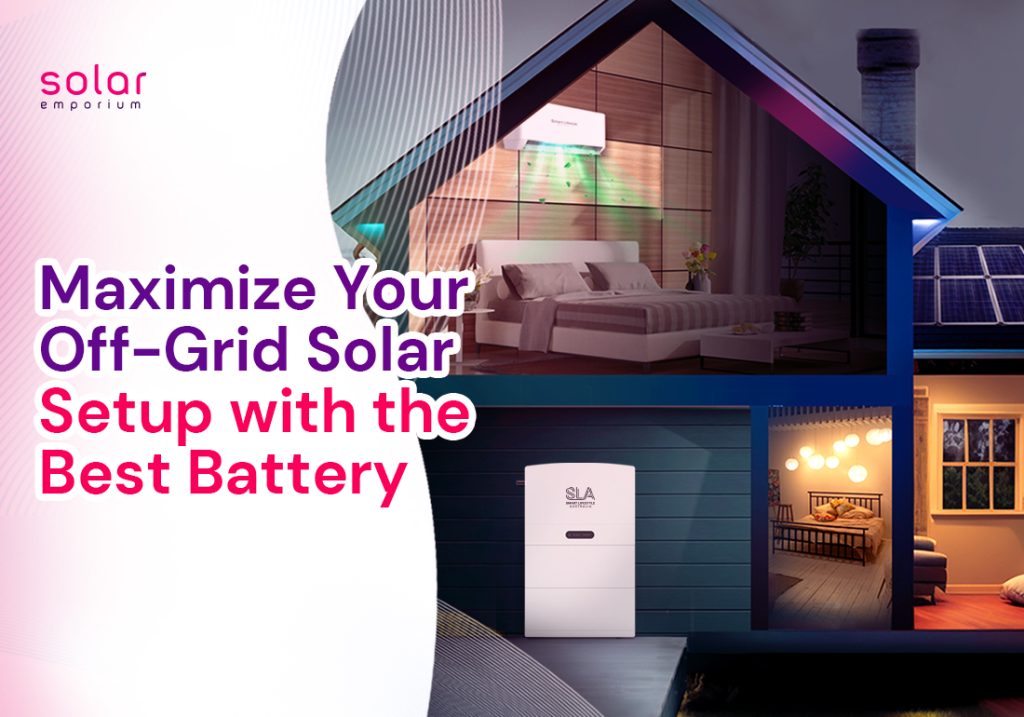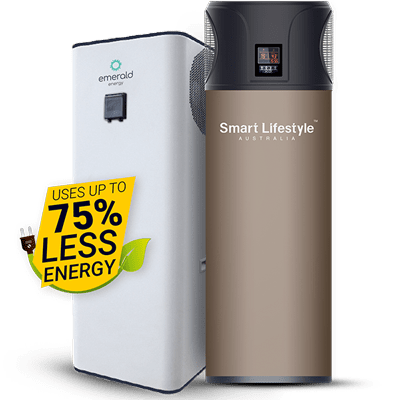Installing solar panels in your residence has many advantages. It works like an investment, making your home worth more. Also, it helps lower your monthly energy bill by quite a bit.
But the problem is buying solar panels at first can cost a lot of money. That’s where solar finance comes in.
With residential solar financing in Australia, you can get help paying for solar panels. Last year, we had a similar blog, 5 ways to finance your solar panels in Australia. You’ll get an update for 2024 in this one.
You can get a loan or sign a lease to pay for them gradually over time instead of all at once. This way, you don’t have to pay all the money upfront for solar panels.
But remember, getting a solar loan for solar panels is not the same as getting regular loans. If you finance your solar panels well, you can save more money in the long run than you spent to get them.
Solar panel financing means using loans or leases to buy solar panels and paying for them bit by bit over time. It’s a way to get solar panels immediately without spending much money.
Let’s find out your options!
Green loans
Green loans are like buying eco-friendly solar panels, solar batteries, and hot water systems. Some banks and other places offer them.
Usually, green loans have lower interest rates and fewer extra charges than regular loans, but you need to read the details carefully.
Getting a green loan is often considered a good choice if you can’t simultaneously pay for these eco-friendly products.
However, there’s a catch. Green loans frequently have strict rules about who can get them. Some banks will only give loans for certain approved eco-friendly products, and they might only say yes if you have a good credit history.
Pros:
- Low interest rates
- You get to own the eco-friendly stuff and start saving money
- Some loans let you pay back over a long time and don’t charge certain fees
Cons:
- Only a few places offer these loans
- You need a good credit score to qualify
Interest-free Solar Loans
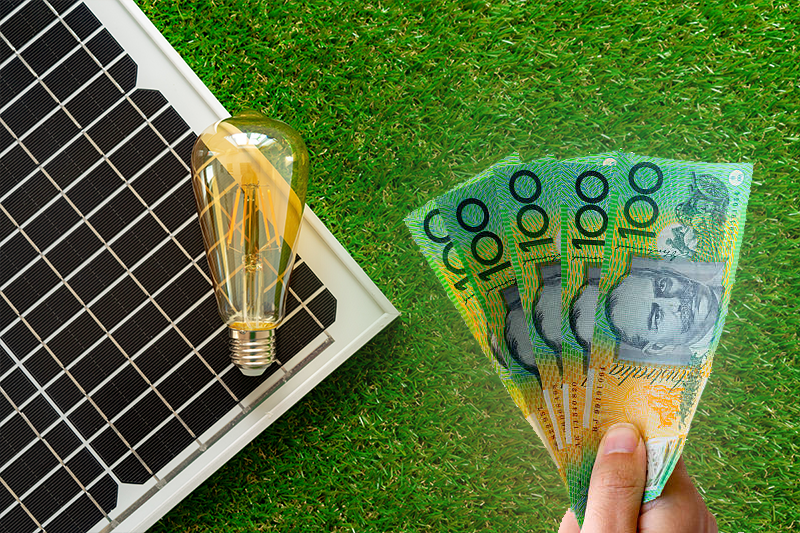
Interest-free solar loans are loans that don’t charge any extra money on top of what you borrow.
Some solar companies offer these loans. You can get solar panels without paying anything upfront or additional charges on repayments.
People with bad credit might find it easier to get these loans than other types. If you can’t get a low-cost green or personal loan because of bad credit, an interest-free loan might be your only choice.
Pros:
- No extra charges
- You get to own the solar panels and start saving money on electricity
- Helps people with poor credit access solar energy
Cons:
- Interest-free loans can cost more in the long run
- You might have to pay higher monthly payments because the loan terms are usually shorter
An interest-free solar loan is a good option if you can afford the higher monthly payments.
Personal loans
Personal loans are a good choice if you want to pay for solar panels safely and simply. You might find a personal loan with a fair interest rate.
Some lenders might even give you a better deal if they know you’re using the loan for solar panels.
If you’re optimistic, the higher interest rate might motivate you to repay the loan faster, saving you more money than if you got a green loan.
Getting approved for a personal loan is usually easier than a green loan.
Personal loans give you the money upfront to negotiate a better price when buying solar panels. For some green loans, you must choose the solar system before getting the loan.
Pros:
- Flexible: Personal loans can be used for things other than just solar panels.
- Paying it off might be cheaper than a green loan.
- Helps you negotiate a better deal when buying solar panels.
Cons:
- Usually, the interest rate is higher than a green loan.
- Finding an excellent personal loan can take a lot of work.
- You need to have a decent credit score to get one.
People with decent credit scores who are good at finding good loan deals. It’s also suitable for those who want to negotiate a lower price with solar suppliers by paying upfront.
Add Solar With Mortgage
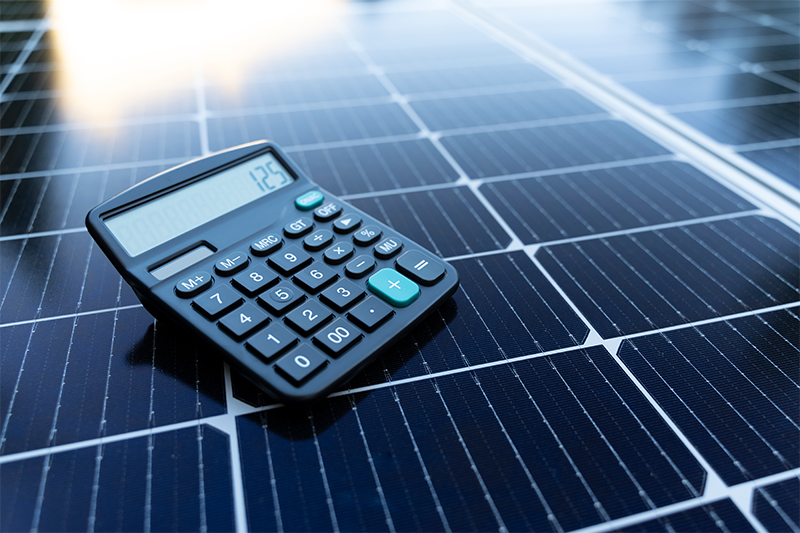
Adding solar panels to your mortgage means borrowing more money against your house to pay for them.
Currently, mortgage rates are low, so using this opportunity to finance your solar panels is a good idea.
However, keep in mind that mortgages take a long time to pay off, and adding more debt to it could mean you end up paying a lot more for the solar panels over the life of the mortgage.
This way of paying for solar panels is risky, so you should only do it if you understand your finances well or have gotten advice from a financial expert.
Pros:
- Very low-interest rates
- You own the solar panels and can start saving on electricity
- Consolidates your debt
Cons:
- If you take a long time to pay off the mortgage, you might pay more for the solar panels in the long run.
- Mortgage interest rates are usually slightly better than green loan rates.
Homeowners who are good with managing their money and are disciplined about paying off their mortgage as quickly as possible.
Solar leasing
Solar leasing, also known as ‘rent-to-own solar’, is when you agree to install a solar panel system without paying anything upfront. Instead, you make fixed monthly payments to cover the cost.
The big difference between leasing and taking a loan is that you only own the solar panels once fully paid. If you move house, you might need to pay the remaining balance to take the solar panels because they can’t be easily removed.
Solar leasing is often advertised as having lower monthly payments than the savings you’d get from using solar energy.
It sounds good, but you should be careful about the interest rate. Solar leases sometimes have high-interest rates, which could cost you more in the long run.
Pros:
- You don’t have to pay anything upfront.
- Monthly payments are usually low.
- Since you don’t own the solar panels, you’re typically not responsible for fixing them if they break.
- You start saving money on electricity right away.
Cons:
- You only own the solar panels once you’ve paid for them.
- If you move house, you might have to pay off the remaining balance on the solar panels.
- The interest rates on solar leases are often higher than those on solar loans.
- You might save less money overall.
It’s best for big businesses or places with a lot of space where the savings from using solar energy will be more than the extra costs from the interest over the life of the solar panels.
Solar Power Purchase Arrangements (PPA)
Solar Power Purchase Arrangements, or solar PPAs, work like this: a company installs solar panels on your roof for free.
But here’s the catch: they still own the panels. In return for letting them use your roof, you agree to buy the solar power those panels produce at a cheaper rate than what you’d pay for electricity from the regular grid.
For example, they might charge you 18 cents per kilowatt-hour (kWh), while the regular electricity price could be 28 cents per kWh.
Solar PPAs seemed exciting initially, but some problems have arisen since then. The main issue is that they only work well if you can use or store all the panels’ solar power.
If you can use it later, it goes into the grid, and you might get less money for it than you paid. For instance, if you paid 18 cents per kWh for solar power but only got 10 cents back from the grid, you’re losing 8 cents per kWh.
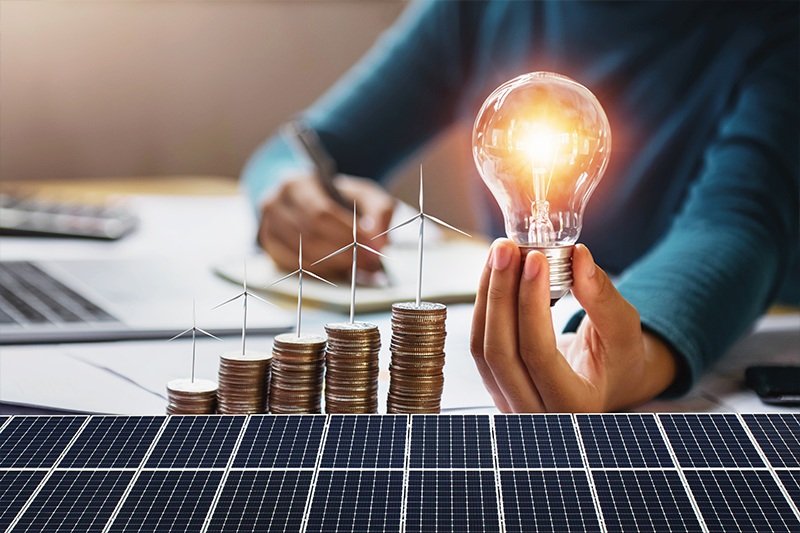
Pros:
- You don’t have to pay anything upfront.
- You don’t have to make regular payments like with a loan.
- The company takes care of maintaining the panels.
- You might start saving money right away.
Cons:
- You only get some benefits of solar power.
- You don’t own the solar panels.
It’s best for big businesses or places with lots of space where the savings from using solar energy will be more than the extra costs of not owning the panels.
So What’s the Best Option To Finance Solar?
It depends on your situation, and it’s your choice to determine what works best for you. A personal loan is a good option but look into a low-interest green loan.
If your credit score isn’t good, taking a risky finance deal for solar panels might not be worth it.
Contact Solar Emporium to purchase solar panels and cut your upfront costs. Get a free solar quote today!
